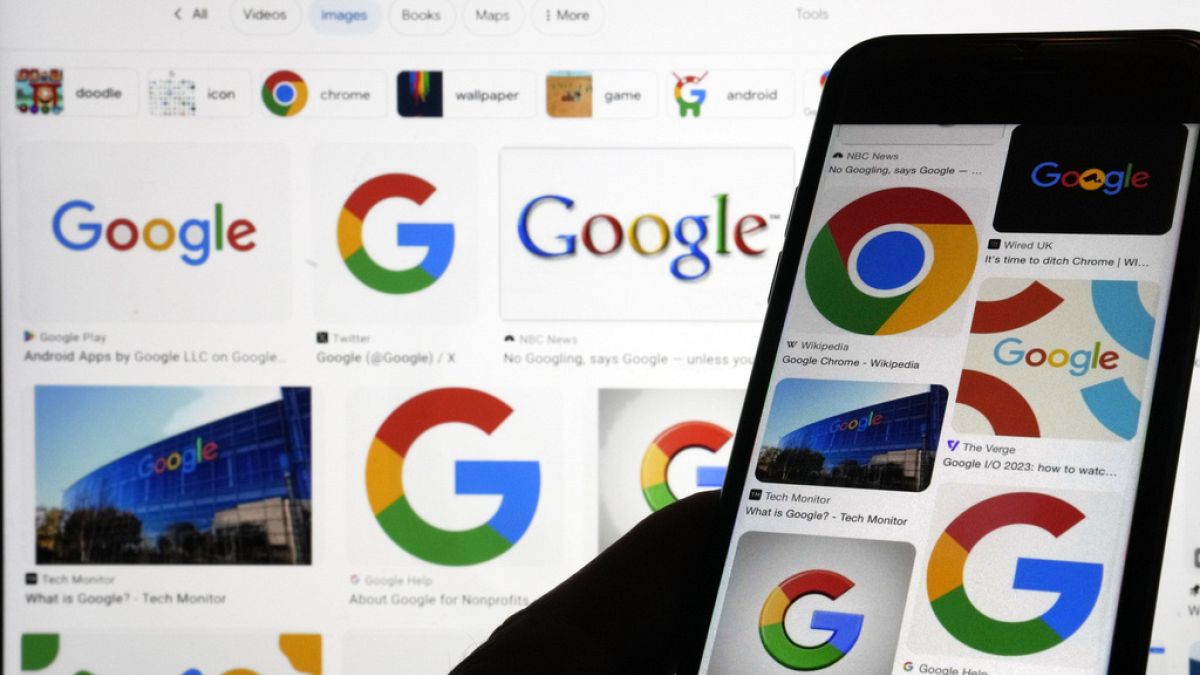Record-breaking antitrust fines were justified as the search engine promoted its own services, Advocate General Juilane Kokott said
A record-breaking €2.4 billion fine imposed on Google for anti-competitive promotion of its shopping service should stand in the face of a challenge by the tech giant, an opinion produced for the EU’s top court has said.
In 2017, the European Commission said the company had acted unlawfully by making its own price-comparison service, Google Shopping, unduly prominent in search results.
Now Juliane Kokott, one of the advisory Advocates-General of the EU Court of Justice, appears to agree.
Google “was leveraging its dominant position on the market for general search services to favour its own comparison shopping service”, the court said in a statement, citing Kokott’s non-binding opinion. The final judgment of the Court of Justice on Google’s appeal is now due in the coming months.
The EU’s tough stance has already found favour with the lower-tier General Court, which in 2021 said the company had departed from competition on the merits by relegating alternative price-comparison sites.
Almost all internet users just look at the top few search results, so Google had effectively condemned rivals to obscurity by shifting them down the rankings, officials reasoned.
The 2017 antitrust fine on Google and its parent company Alphabet were at the time the highest the EU had ever imposed on a single company. It’s since been surpassed by a €4.34 billion sanction, also on Google, for illegal restrictions on Android devices – which the company has also appealed.
A separate case taken against Ireland could see tech giant Apple forced to repay over €13 billion in back taxes, though courts seem more sceptical about the Commission’s claim in that case that favourable tax deals constituted an unlawful subsidy.
Tired of taking lengthy antitrust cases against tech giants, the bloc has also introduced new laws known as the Digital Markets Act, which imposes pro-competition curbs on any Big Tech company deemed to be an online gatekeeper.
Spokespeople for Google and the Commission did not immediately respond to a request for comment.

